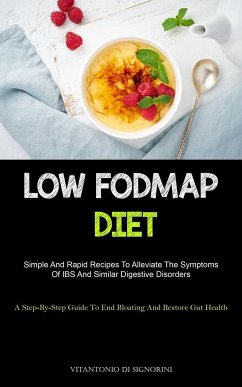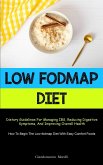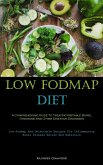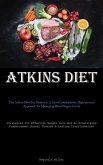Have you been diagnosed with Crohn's disease, Ulcerative Colitis, Irritable Bowel Syndrome, or any of the numerous other types of food intolerances? If this describes you, the low-FODMAP diet could be beneficial. Recent research examining the relationship between diet and IBS symptoms has focused on a large group of dietary sugars known as FODMAPs. These sugars may be insufficiently absorbed by the small intestine and fermented by microbes in the digestive organ to produce gas, and there is a large body of research indicating that these sugars can trigger IBS symptoms. What you need to know about the causes of abdominal bloating and distention in order to communicate effectively with your doctor or to administer self-care. Learn about the role of the gut microbiome in bloating as well as the diseases that can cause bloating. As you may or may not be aware, FODMAP is an acronym for fermentable oligosaccharide disaccharide monsaccharide and polyols, which are essentially foods that contain certain carbohydrates that ferment in your stomach, causing IBS and other digestive issues.
Hinweis: Dieser Artikel kann nur an eine deutsche Lieferadresse ausgeliefert werden.
Hinweis: Dieser Artikel kann nur an eine deutsche Lieferadresse ausgeliefert werden.









